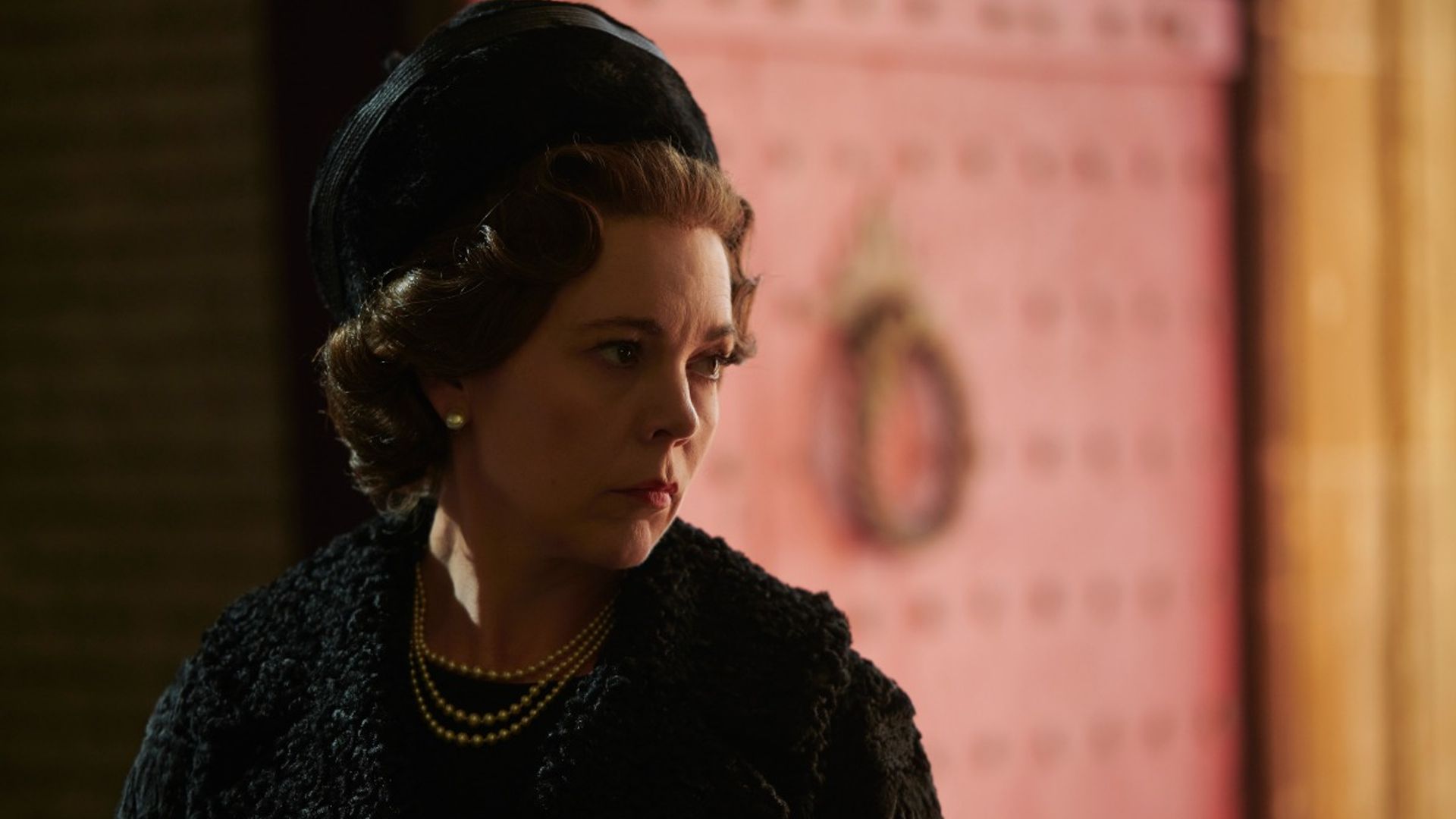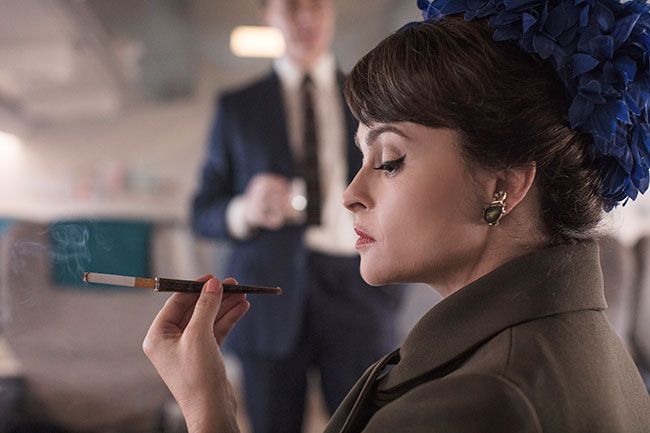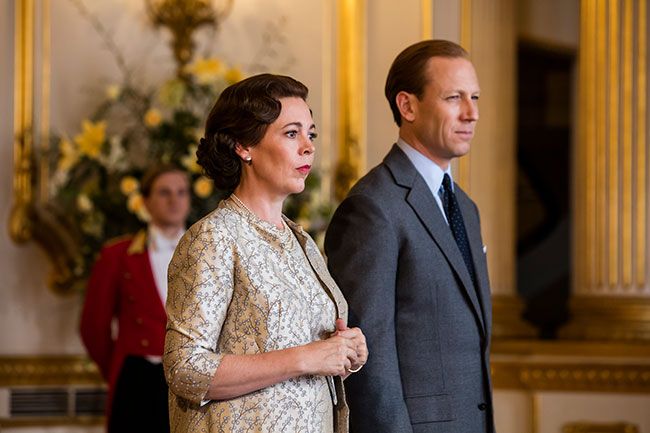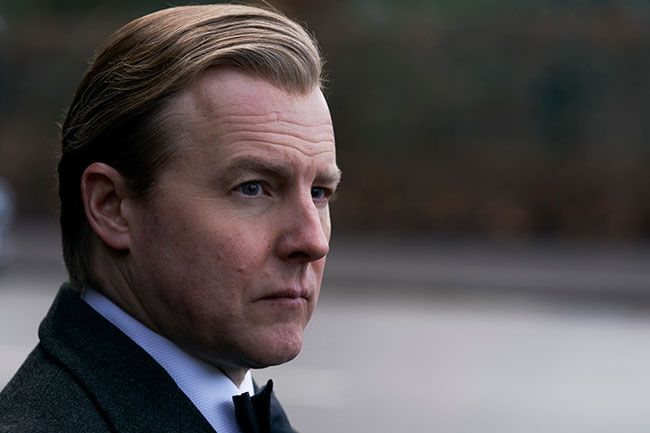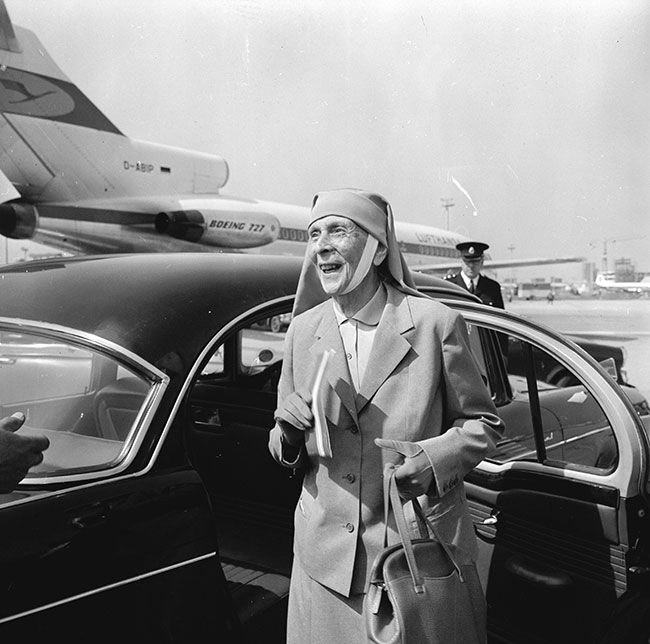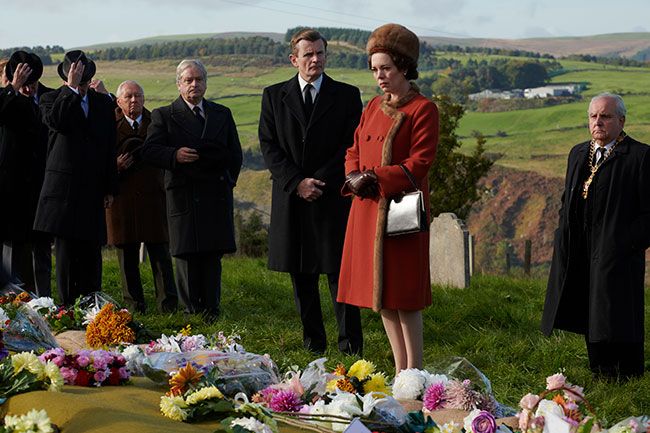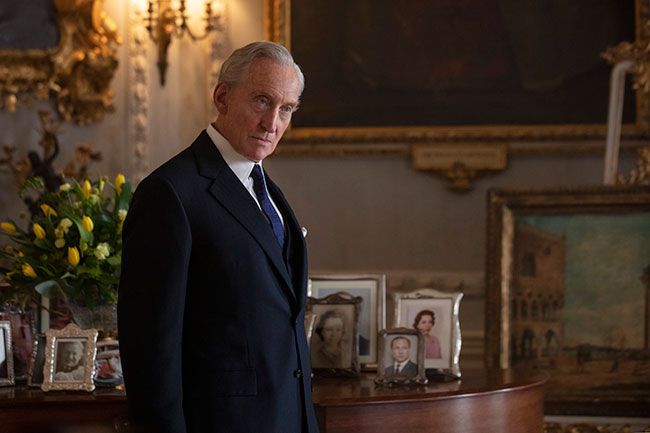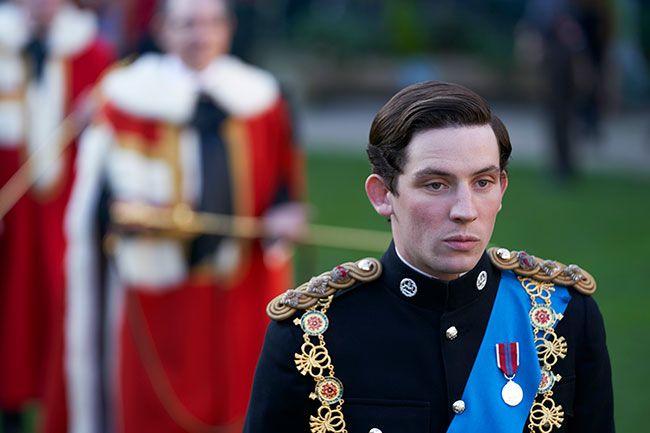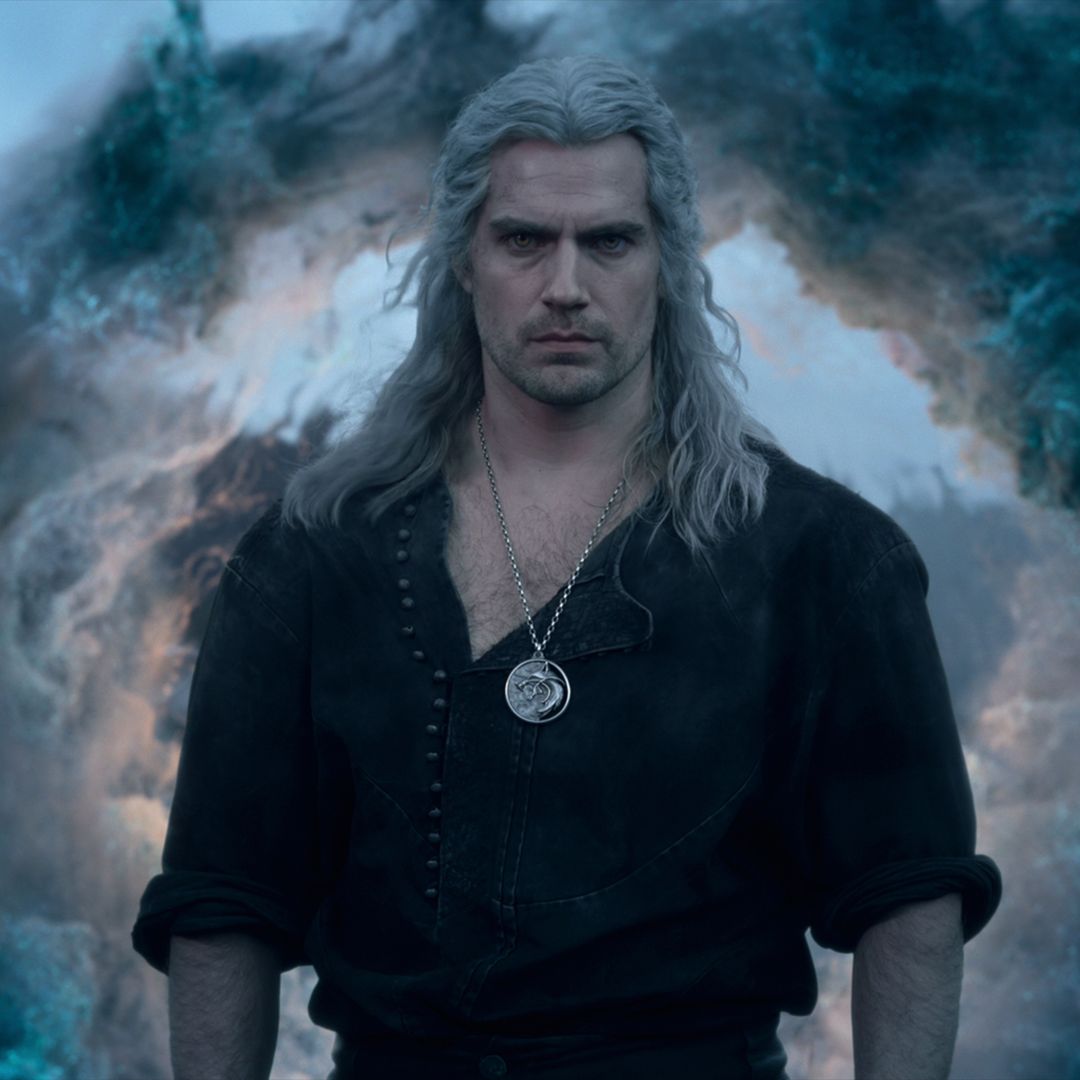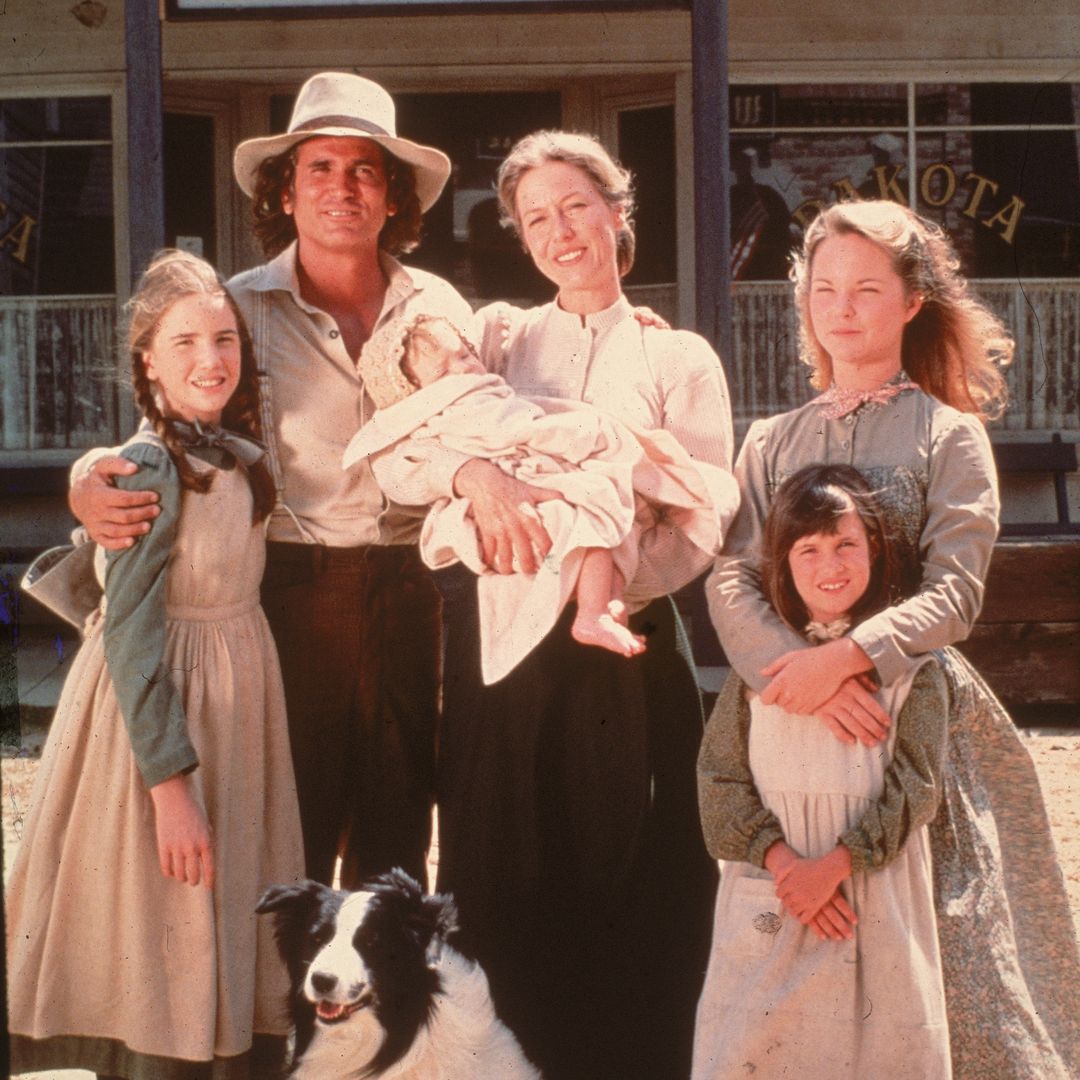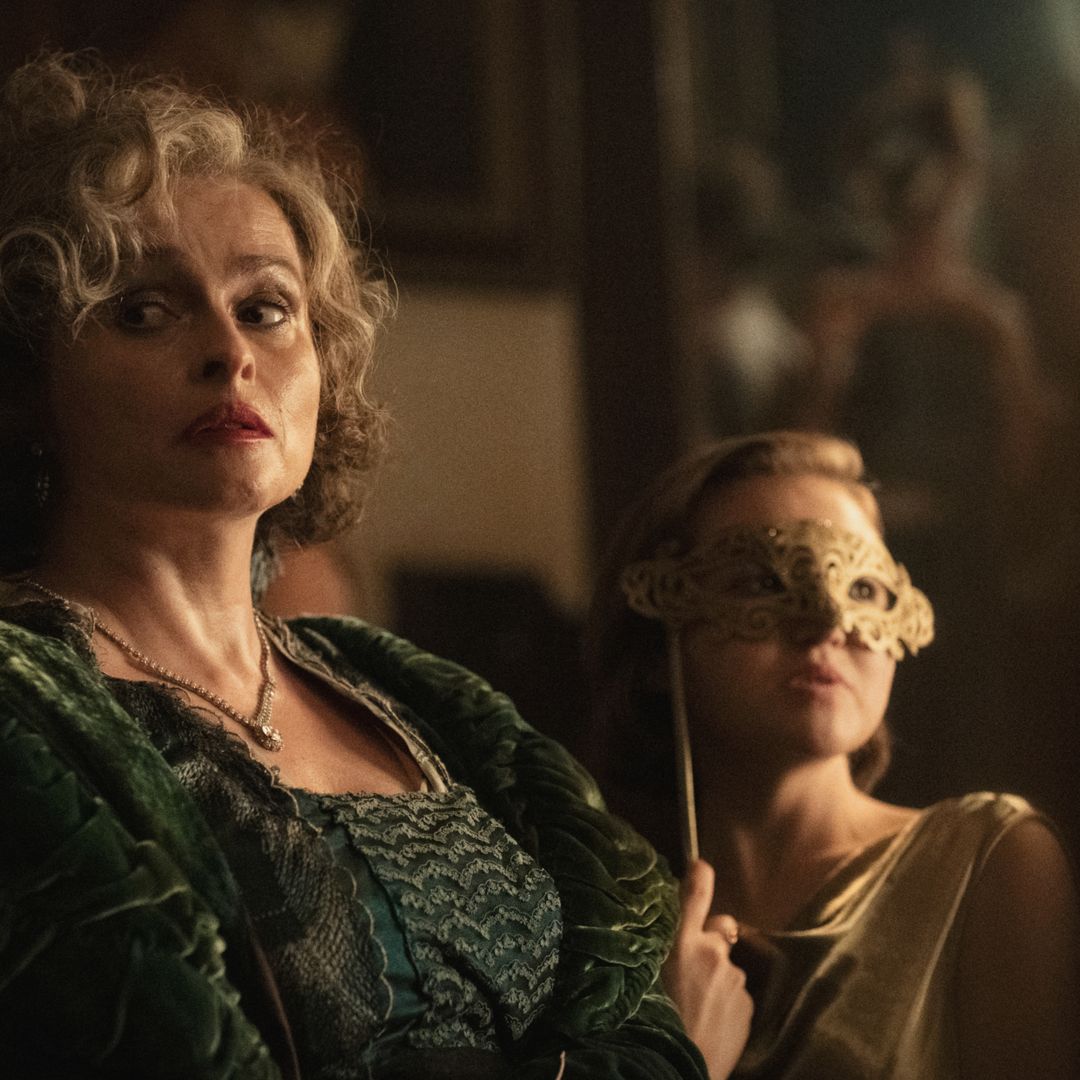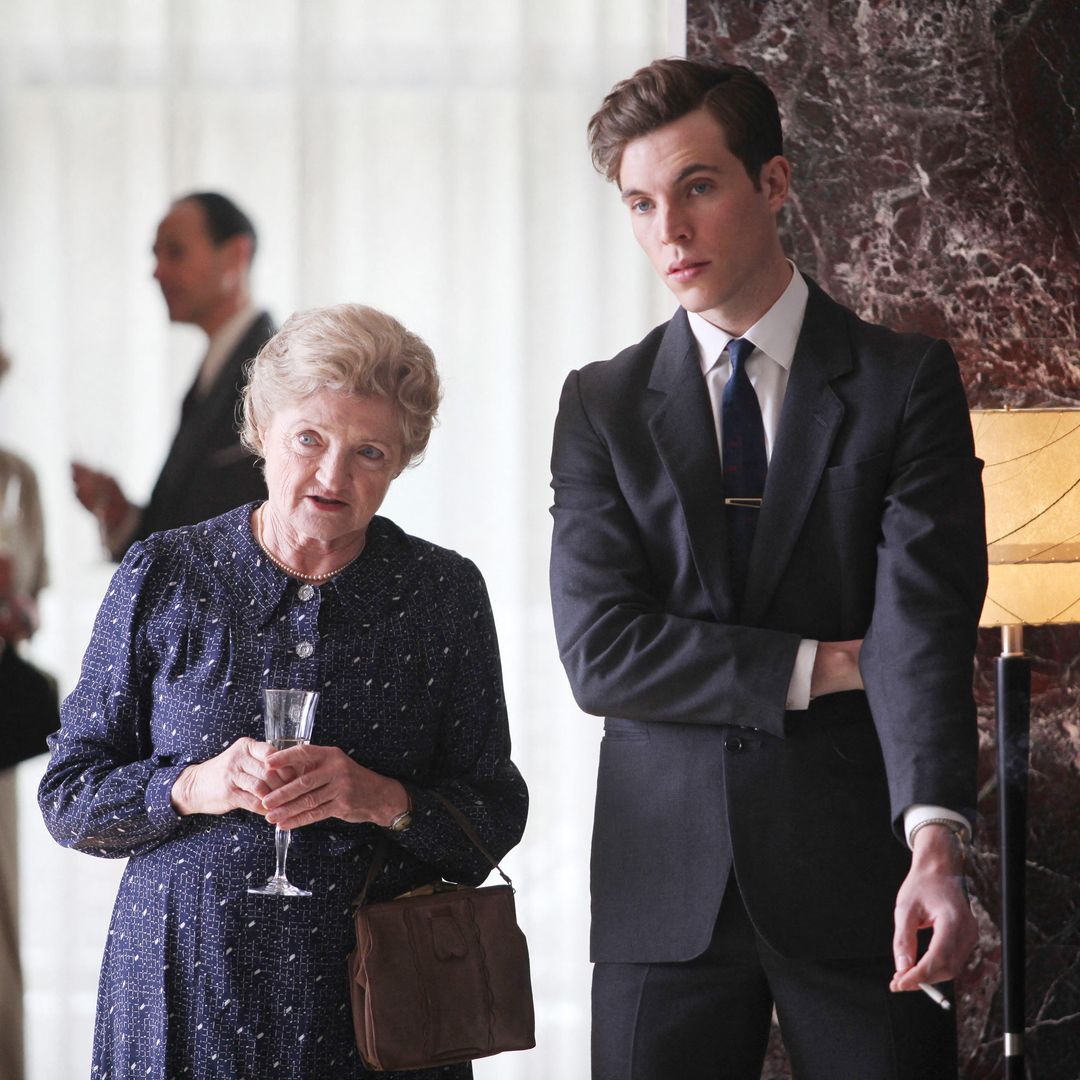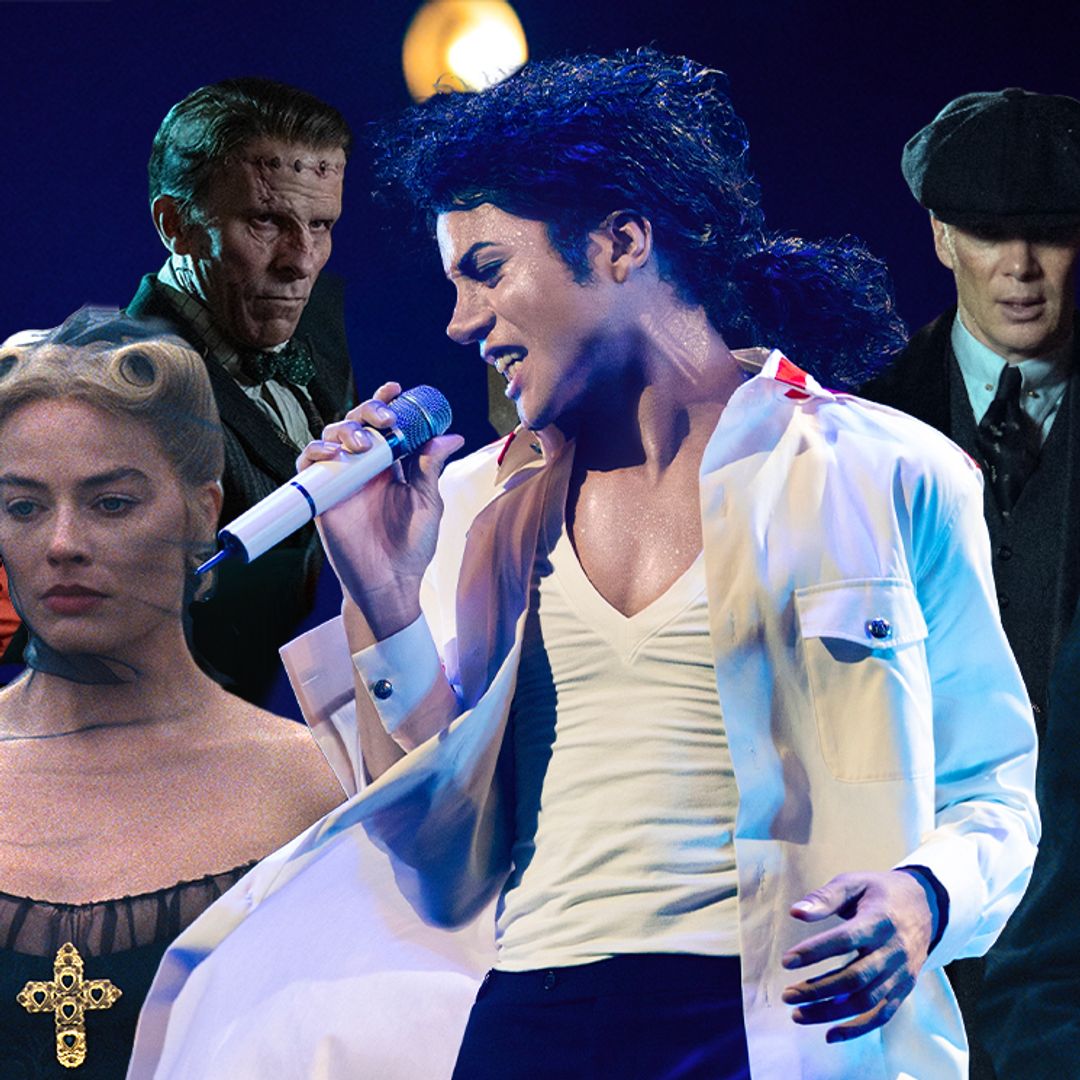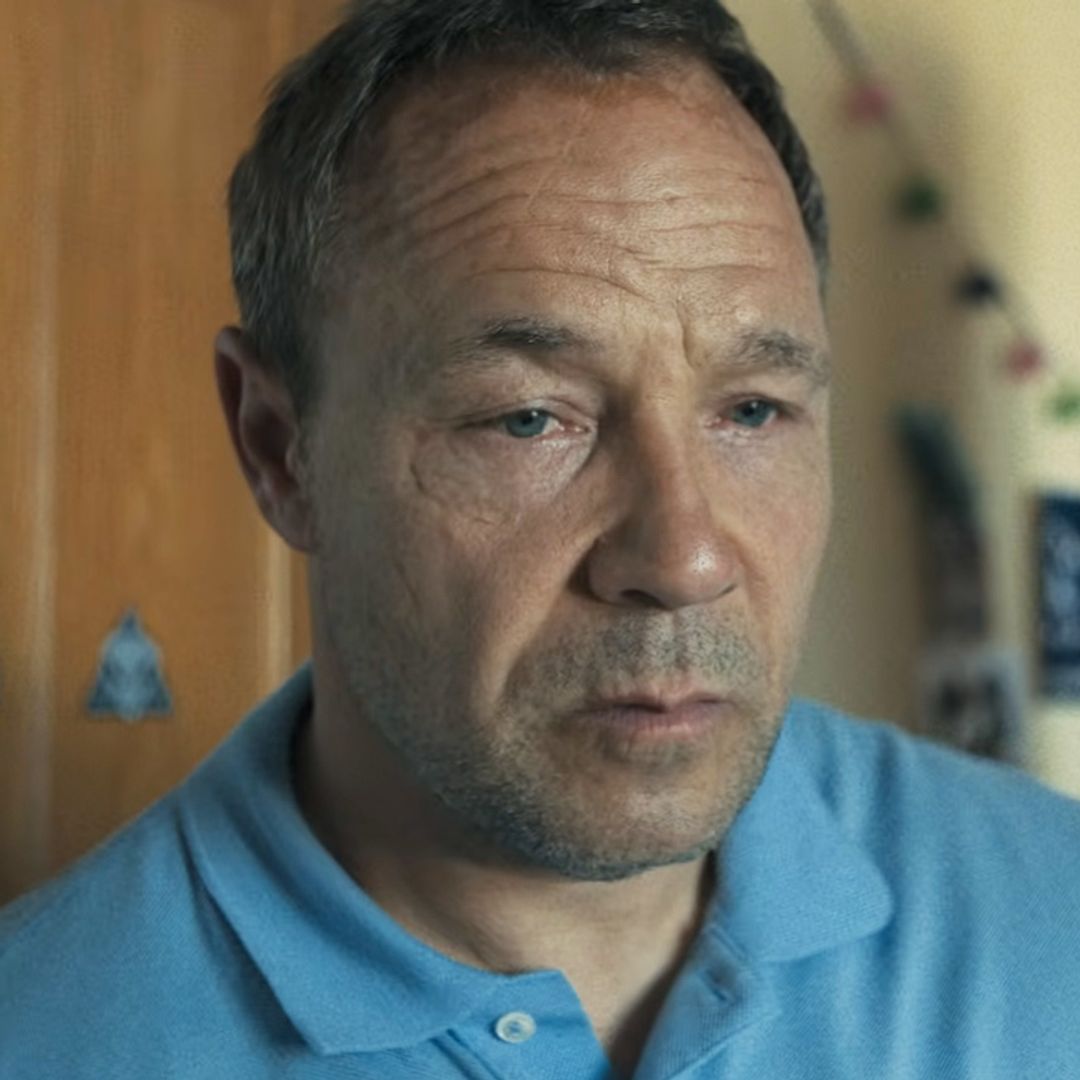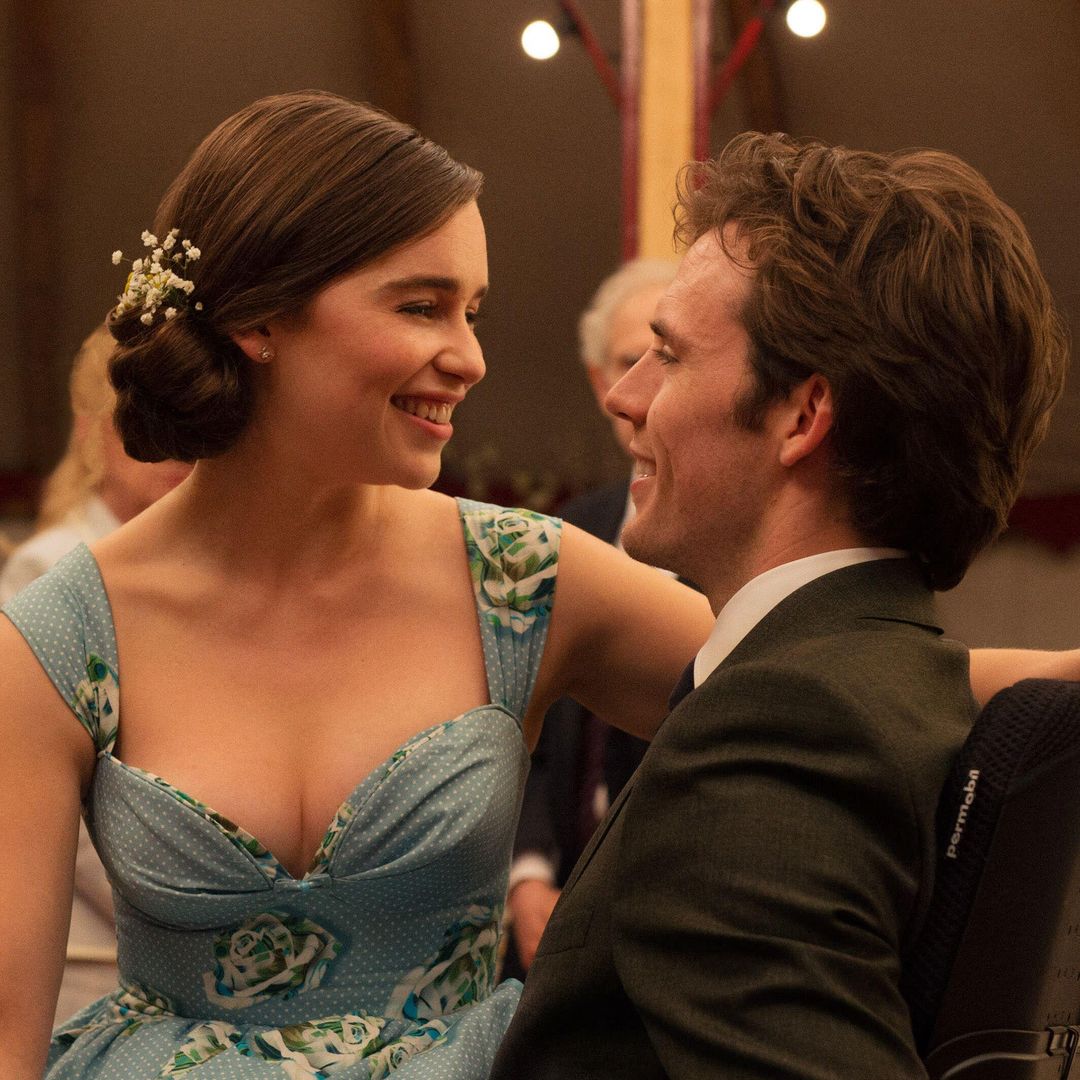The Crown may follow the Queen during her reign over the years, but people might not know that while plenty of the events actually did take place, Her Majesty and the royal family's personal feelings or reactions are often fictionalised for the show. With that in mind, we delve into the most notable events of season three to deduce just what is fact and what is fiction…
Did Princess Margaret really save the British economy?
In the show, Princess Margaret is sent to the White House on the urgent business of keeping the peace between the US and Britain after the President, Lyndon B. Johnson, ignored an invitation to visit the royal family. In the show, Lyndon is reluctant to show willingness with the Brits after they refused to partake in the war in Vietnam. Since Britain is £800 million in debt, the Queen sends Margaret to charm the President and secure the friendly relationship needed to save the UK from plunging into debt.
So did this really happen? While President Johnson was considered to have a strained relationship with PM Harold Wilson because of the Vietnam War, he never snubbed an invitation to Buckingham Palace. He also did indeed host Princess Margaret and Lord Snowdon at the White House during their US tour. However, the show portrays the tour as a roaring success, while in reality Margaret and her entourage rubbed many people the wrong way during their visit, so much so that the US ambassador requested that she didn't return to the country. During a star-studded party, Judy Garland even called her a "nasty, rude little Princess". So did Margaret single-handedly save Britain from bankruptcy? We don't think so, sorry.
Does Prince Philip really call the Queen 'cabbage'?
The Queen and Philip's relationship is stronger than ever in season three, with all of the early tribulations of their marriage from seasons one and two seemingly put aside. Indeed, in one scene he affectionately calls her "dazzling cabbage", but is this nickname actually accurate? Of course, it is! Philip affectionately calls his wife "cabbage", and she is also known by her close friends and family as 'Lilibet', a play on Elizabeth as she struggled to say her own name when she was little.
Was there a Russian spy working at Buckingham Palace?
In The Crown, the Queen is left in shock when the royal art custodian, Sir Anthony Blunt, is revealed to be an active Soviet agent, who had shared information about the crown from before Queen Elizabeth II's reign, having been appointed by her father. In the show, Anthony is given a free pass as relations between British and US intelligence would have been torn apart had the US discovered that the UK had let a sleeper agent go undetected for so long, and so he was able to continue his work at the palace.
In reality, the Queen's private secretary Sir Michael Adeane claimed that the Queen had "been fully informed about Sir Anthony, and is quite content for him to be dealt with in any way that gets at the truth". However, it was never confirmed why he was given quite so much leeway at the palace. He only left his station after Prime Minister Margaret Thatcher discovered his true identity, and called him "repugnant and contemptible". Following the public outcry, the Queen removed him for his post and stripped his knighthood.
Did Princess Margaret want to be Queen?
Although The Crown often shows Margaret and the Queen as being two very different people, with Margaret being the more vivacious and confident of the two, an episode in season three focuses on the Princess' childhood dream to become the Queen instead of Elizabeth. However, there is no evidence to suggest that this actually happened. On the other hand, it was clear that Princess Margaret was unhappy when her sister became Queen – but only because she was left with her mum, the Queen Mother! According to Lady Glenconner, Margaret's former lady-in-waiting, the royal was sad during the Queen's coronation and told Lady Glenconner: "Of course I looked sad, Anne. I had just lost my beloved father and, really, I had just lost my sister, because she was going to be so busy and had already moved to Buckingham Palace, so it was just me and the Queen Mother."
READ: The Crown star Jason Watkins reveals tears on the season three set – find out why
What is the real story about Prince Philip's mother, Princess Alice?
In the show, Prince Philip is concerned when his mother, Princess Alice, comes to live at Buckingham Palace, as her delicate mental health might have spoiled a documentary based on the royal family. Instead, Princess Alice of Battenberg gave an interview to a newspaper, who wrote a "love letter" about her incredible life. So how much of this was the case? Princess Alice did indeed life an amazing life. After the family were exiled from Greece, she suffered a nervous breakdown and received outdated treatment. Following her release, she moved back to Greece and lived a poor existence helping those in need before moving in with her son and daughter-in-law at Buckingham Palace for the last few years of her life. Find out more about her here.
Does the royal family documentary still exist, and can you watch it?
The family did invite cameras into their home for a 1969 documentary, and unfortunately it didn't go down too well. While 37 million people watched the documentary which was considered to be a relative success, it was subsequently pulled off the air as the Queen, who was thought to have hated it. In the show, it is out of embarrassment for the reviews the documentary received, and the film was never shown again. It is also true that Princess Anne was not best pleased with the idea. Speaking about the film in a recent documentary, she said: "I didn't like the idea of the royal family film, I always thought it was a rotten idea… The last thing you needed was greater access. I don't remember enjoying any part of that." You can still watch part of the film, as footage was used for a documentary in 2011 to commemorate the Queen's Diamond jubilee.
READ: The Crown's Josh O'Connor reveals most surprising fact he learnt about Prince Charles
Was the Aberfan disaster really the Queen's biggest regret?
The Queen's former press secretary once said the Queen named her as her one regret during her reign, as it took her eight days before she visited the site of the terrible tragedy. The disaster saw 116 children and 28 adults die when a coal heap collapsed and engulfed the primary school after a heavy rain storm. Indeed, Lord Snowden and Prince Philip also visited the site ahead of the Queen. Find out more about the fact vs fiction of the episode here.
Did Lord Mountbatten really plan a coup against the Labour government?
In The Crown, Lord Mountbatten is selected as the figurehead of a planned coup, with the thought that his position as a member of the royal family would give him sway to gain the Queen's approval. The coup was discussed during Harold Wilson's second term in office, when the pound was devalued and there was a widespread political unrest, with the idea being to replace the Prime Minister's Labour government with a coalition government. In reality, the plot was only ever a rumour, and thought to be Mountbatten along with several right-wing former military men. According to Andrew Lownie's biography about Prince Charles' great uncle, the Queen had to intervene to stop Lord Mountbatten from going through with it.
READ: Who is The Crown's Tobias Menzies? Find out everything you need to know
Does Prince Charles really speak Welsh?
Prince Charles did spend a term in Wales in order to speak the language ahead of his investiture in 1969. While in the show, he gave a passionate speech in Welsh, in reality, he gave his speech in both Welsh and English and even answered questions in Welsh. The show was also correct in that he was taught by Edward Millward, who was a Welsh nationalist. Edward previously praised him on his commitment to the work. He said: "By the end, his accent was quite good. Toward the end of his term, he said good morning—'Bore da'—to a woman at college; she turned to him and said: 'I don’t speak Welsh!'" Prince Charles still has a strong relationship with Wales. He bought a home there back in 2006, and has supported or been patron to over 40 charities in the country.
Did Prince Philip have a midlife crisis?
The show depicts Prince Philip being obsessed with the 1969 moon landing, so much so that he begins questioning his own accomplishments as he struggles with a midlife crisis. Speaking about the storyline, Tobias Menzies said: "We've just been shooting a really interesting episode which was all tied into the moon landings in ’69. [Showrunner] Peter [Morgan] has taken this angle that Philip gets very absorbed by the heroism of these men compared to what maybe he hasn’t done with his own life. That’s what’s interesting about the show: he takes surprising bits of history and then views the characters through the prism of those events. That was really fun to do." Despite Neil Armstrong and the team indeed visiting Buckingham Palace following the moon landing, it appears that Philip's fixation on them was entirely fictionalised. They did have colds at the time though, that much is true!
